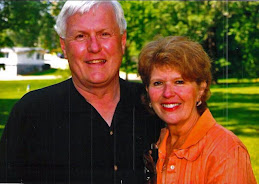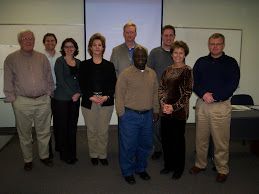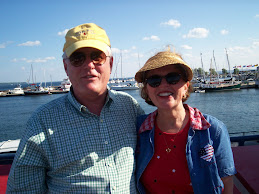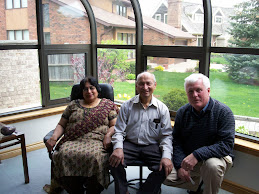Deus Ex Machina – God from the Machine - Paul Rux, Ph.D.
Often at the end of ancient Greek and Roman plays, a god came down to untangle the plot to provide a happy ending at the last minute. A backstage mechanical arm lowered the god in a basket at the end of a rope from the “heavens,” a platform behind the stage scenery. This "happy-ending" contrivance entered history as “deus ex machina,” Latin for “the god from the machine.” Futurists tend to grasp at “happy-ending” technology in the same way the ancients counted on “deus ex machina.” Don’t worry. Be happy. New technology will resolve our problems to create heaven on earth, again.
My study of history suggests this fascination with technology as a god-like, fix-it for many Futurists has its roots in the Industrial Revolution. The arrival of machinery and factories disrupted the traditional, plodding lifestyle of agriculture, in which yesterday, today, and tomorrow are pretty much the same. The rain falls down, and the grass grows up. As Karl Marx pointed out, the impact of new technology, his “means of production,” was revolutionary to the historic, plodding agricultural way of life. It is not hard to understand why people began to worship new technology as agents of change - and salvation. For every human problem there is, in effect, a machine out there, a new technology, to fix it. This is the mindset of the Industrial Revolution. It pervades much of the world today still.
The American frontier experience has compounded this blind-love legacy of technology because of the Industrial Revolution among Futurists in the USA. American frontier conditions valued pragmatic solutions. Machines are practical solutions. You can cut trees with an ax, or you can use a chain saw. It is not hard to understand why the chain saw trumps the ax to provide a better future for the lumberman. Mix frontier pragmatism with Karl Marx's revolutionary “means of production” and you end up with a culture that tends to put “deus ex machina” at the center of Futurism.
I had the good fortune to spend three months in Greece. Greeks are very political. One of their favorite saying is, “Put two Greeks in a room, and you will have three political parties.” Greece is a poor country; politics is the process for slicing up the limited economic pie. It is not surprising that politics looms large in a country with a static economic system. It is a "zero-sum" game. If you get a piece of pie, I must lose a piece of pie or get a smaller slice of pie. Politics is, in effect, how we slice economic pies. Persons, moreover, rarely explore how to bake bigger economic pies.
Americans, in contrast, have, until lately, enjoyed an ever-expanding economic pie, thanks, in large part to technology. In comparison with Greeks, whose focus is politics, Americans tend to have a technical focus. My Greek friends could not understand why Americans seem to be apolitical in comparison with their 24/7 focus on politics. The answer is easy. You do not have to argue about slicing economic “pies” when you are busy applying new technology to bake ever-larger “pies.” Automate – deus ex machina. The Internet, for instance, is a "deus ex machina."
Politics, the art/science of human cooperation and conflict management, kicks in when the pie stops growing and in fact, as is the case today, starts to shrink. Scarcity puts human decision-making, or politics, center stage again. People, not machines, shape the future once more. Heroes, not machines, count again in human affairs. People perceive human choices, not robotics and nano-tech, as the gatekeepers and engines of the future in this context.
Futurists who “automate” need to revisit the concept of “deus ex machina” to see how it might apply to their approach. Let’s not write people out of the future yet – automatically.
I thank my University of Toronto history M.A. professor and advisor Professor Emeritus John Sargent Moir for his recent reminder to not automate the human condition. I shared some current copies of The Futurist with him by mail to his retirement home in Brantford, Ontario, Canada. True to form, he again taught his student, your humble servant, despite time, place.
Subscribe to:
Post Comments (Atom)









No comments:
Post a Comment